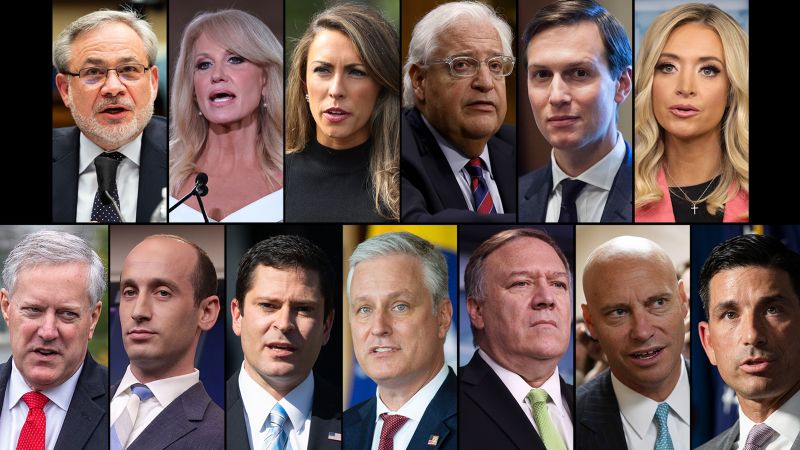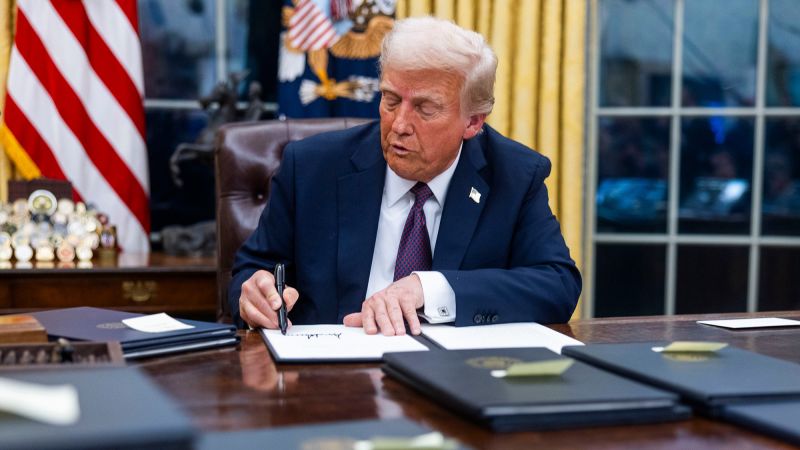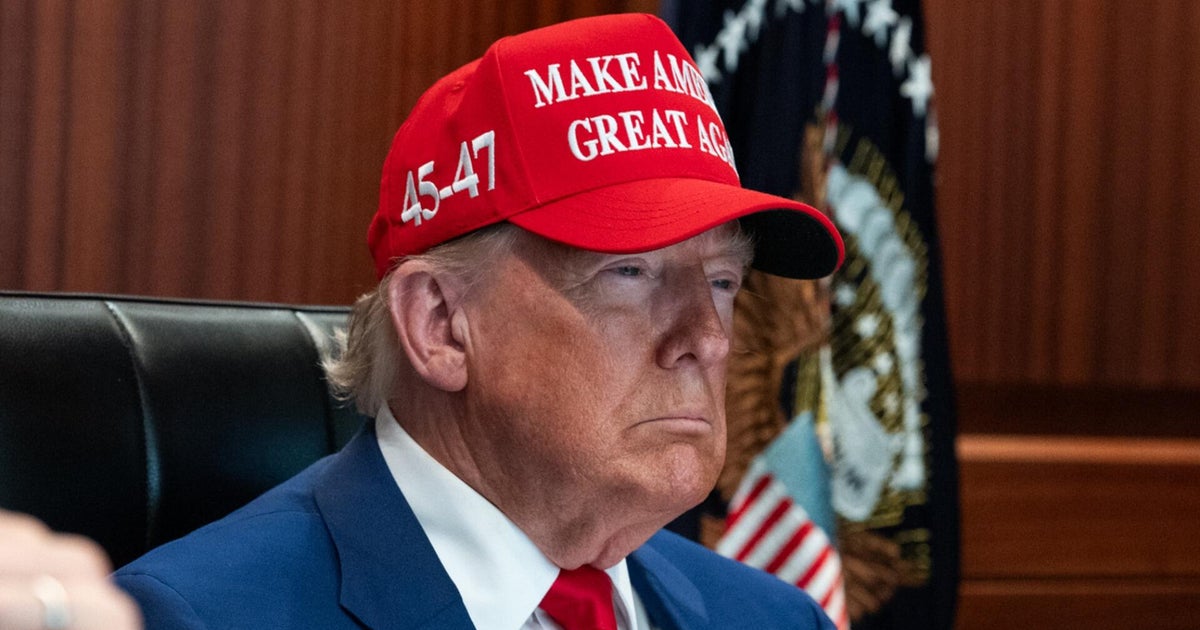Trump Administration Plans to Challenge Budget Law, Raising Concerns Among Lawmakers and Legal Experts
#trump administration #budget law #legal battle #balance of power #government

About the People Mentioned
Trump
Donald John Trump, born June 14, 1946, in Queens, New York, is an American businessman, media personality, and politician who has served as both the 45th and 47th President of the United States[1][3][5]. He is the only president since Grover Cleveland to be elected to two non-consecutive terms, winning the 2016 and 2024 elections and serving from 2017 to 2021, and again from 2025 onward[2][3][5]. Trump’s political rise marked a significant shift in American politics, as he positioned himself as a political outsider and won the Republican nomination in 2016, defeating Democrat Hillary Clinton in the general election[1][5][6]. He was re-elected in 2024, defeating Vice President Kamala Harris, with Ohio Senator JD Vance as his running mate[5]. Before entering politics, Trump was a prominent real estate developer, inheriting and expanding his family’s business into the Trump Organization, which includes hotels, casinos, golf courses, and branded products worldwide[1][3][6]. He gained broader fame as the host of the reality TV show *The Apprentice* from 2004 to 2015[1][5][6]. Trump has authored several books, including the best-selling *The Art of the Deal* (1987)[5][6]. During his first term, Trump pursued a conservative agenda, including significant tax cuts, deregulation, border security measures, and a hardline stance on immigration[1][4]. He appointed three Supreme Court justices and withdrew the U.S. from several international agreements, including the Paris Climate Accord and the Iran nuclear deal, while initiating a trade war with China[1]. His administration’s response to the COVID-19 pandemic was marked by mixed messaging and clashes with health officials[1]. Trump was impeached twice—in 2019 for abuse of power and obstruction of Congress, and in 2021 for incitement of insurrection following the January 6 Capitol attack; he was acquitted by the Senate both times[1]. After losing the 2020 election to Joe Biden, Trump’s refusal to concede and claims of election fraud culminated in the Capitol riot and ongoing legal challenges[1][3]. Trump’s return to the presidency in 2025, at age 78, makes him the oldest person ever inaugurated for a second term[2]. His current administration has pledged to continue his previous policies, emphasizing border security, economic growth, and a rejection of what he terms “extremist” policies from the political left[4]. Trump remains a polarizing figure, with a strong base of support and equally vocal opposition, and his influence on the Republican Party and American politics endures[2][3].
About the Organizations Mentioned
U.S. officials
The term **“U.S. officials”** broadly refers to individuals who hold positions within the various branches and departments of the United States federal government, primarily the Executive Branch. This branch is led by the President, who acts as both head of state and head of government, and includes the Vice President, Cabinet members, and heads of federal agencies. These officials are responsible for implementing and enforcing laws passed by Congress and managing federal government operations[1][2]. The Executive Branch employs over 4 million Americans, including military personnel, civil servants, and agency leaders. Key officials include Cabinet secretaries who oversee departments such as Defense, Commerce, Treasury, and Homeland Security, as well as independent agency heads like those of the CIA and the Securities and Exchange Commission. The Executive Office of the President (EOP) supports the President through specialized offices such as the Office of Management and Budget and the U.S. Trade Representative[1][5][9]. Historically, the structure of U.S. officials has evolved since the Constitution’s ratification in 1789, which established a federal government divided into three branches—legislative, executive, and judicial—to balance power. The Executive Branch has grown to include a complex network of departments and agencies tasked with diverse functions ranging from national security to environmental protection[2][3]. Notable achievements of U.S. officials include managing large-scale federal programs, enforcing legislation, and responding to national crises. Their work supports technological innovation and business development through regulatory agencies like the Securities and Exchange Commission and trade policy offices, influencing the business and technology sectors significantly. Currently, U.S. officials continue to navigate complex challenges involving cybersecurity, economic policy, and international relations, adapting governance to modern technological and societal needs. Their roles remain critical in shaping policy, security, and economic growth, making them central figures in business and technology news[1][3][9].

















